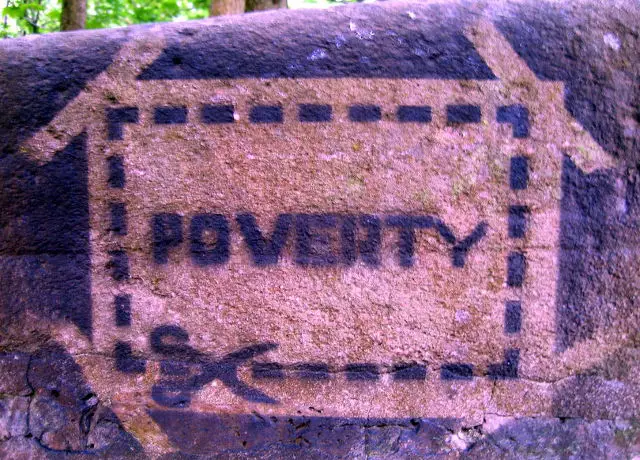The Social Mobility Commission have published their latest State of the Nation Report today, highlighting parts of the country where the life chances of young people are severely limited.
The Isle of Wight – which has 13 areas among the 20% most deprived the country – is ranked 235 out of 324 local authorities on the social mobility index. The bottom of the table being the those with the lowest chance of social mobility.
| Description | Rank |
|---|---|
| Social Mobility Index | 235 |
| School Age | 320 |
| Youth Rank | 205 |
| Adult rank | 275 |
| Early years | 1 |
Poor educational attainment
The report also states that 51% of London children on free school meals achieve A* to C in English and maths GCSE compared to an average of 36% of children on free school meals in all other English regions: in the best place (Westminster), 63% get good English and maths GCSEs whereas in the worst (Isle of Wight), only 27% do.
Coastal and rural areas “being left behind”
The Social Mobility Commission chairman, Alan Milburn, said,
“London and its hinterland are increasingly looking like a different country from the rest of Britain.
“It is moving ahead, as are many of our country’s great cities.
“But too many rural and coastal areas and towns of Britain’s old industrial heartlands are being left behind economically and hollowed out socially.”
Not just “tinkering around the edges”
Mr Milburn says “tinkering around the edges will not do the trick,” and wants “a new level of effort to tackle the phenomenon of left behind Britain”.
His recommendations include:
- all councils to develop a strategy for boosting disadvantaged children’s prospects
- all councils to pay the living wage
- greater efforts to attract teachers to poorer regions
- struggling schools to develop partnerships with successful schools to boost attainment
- fairer transport funding, including transport subsidies for poor young people in rural areas
Update
Two days after requesting a comment from Leader of the Isle of Wight council, Cllr Dave Stewart, we received this response to the report, from Cllr Paul Brading, Cabinet Member for Children’s Services.
He said,
“There has been dramatic progress in school standards and attainment on the Isle of Wight recently and this is not reflected in the data from the State of the Nation study which goes back three years, calculated as an average and does not reflect the present situation.
“The fact is Island schools are improving significantly and disadvantaged children are being given the opportunities they deserve.
“The Isle of Wight does not now lag behind the national average for disadvantaged pupils attaining good GCSEs in English and mathematics. This year, 36% of disadvantaged pupils attained good GCSEs in English and mathematics and this matches the national average of 36% quoted in the report.
“Similarly, Island schools continue to make rapid progress towards offering the best education they can. At the start of last academic year, only one secondary school was graded as good by Ofsted. Four out of seven secondary schools are now graded good.
“The foundations stones of this work are underpinned by the ambitions of the council’s Corporate Plan to have all schools on the Isle of Wight rated good or better by Ofsted in their term of office. The council is also about to establish an all through school at Sandown that will be a beacon of education excellence for the Island.
“Reports like this can be a helpful indicator but they can also paint a past picture and this is absolutely the case here. The Isle of Wight’s education is being transformed right now and teachers and pupils should be proud of their achievements.
“We still have a way to go, and this is recognised in our education plan, but we are determined to ensure young people have the best education possible.”
The report
Full details can be found in the State of the Nation report below.
Article edit
Comment from cabinet member added (30.11.2017 10.30am)





